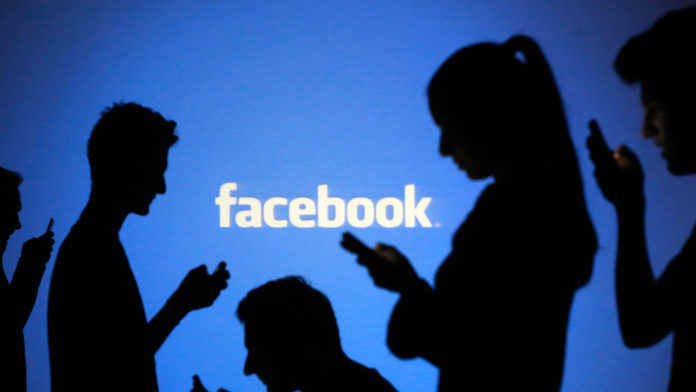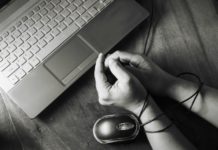
Do you have the impulsive habit of checking Facebook, Snapchat, Pinterest, Instagram, Twitter or other social media accounts while driving, while talking to other people, while in a classroom or at other times? Beware, this impulsive act could lead to negative consequences has been linked to a deficiency in the balance between two cognitive-behavioral systems in the human brain, warned researchers in a recent study published in the Journal of Management Information Systems. For college students, it can limit their ability to study well and diminish their academic performance.
The recent study conducted by Dr. Hamed Qahri-Saremi, an assistant professor of information systems at DePaul University’s College of Computing and Digital Media and Ofir Turel, a professor of information systems and decision sciences at California State University, Fullerton, and scholar-in-residence at the University of Southern California, Los Angeles.
In the study, researchers from the DePaul University applied the dual system perspective, an established theory in cognitive psychology and neuroscience, which holds that humans have two different mechanisms in their brain that influence their decision-making.
Researchers obtained responses from about 341 undergraduate college students from a large North American university who use the much popular social networking site, Facebook. They collected and analysed problematic Facebook use data during one semester and then followed up with each student the next year to track their academic performance – in this case using their grade point average – for both semesters and cumulatively.

The researchers found that individuals who were found to display higher levels of problematic use of Facebook had a strong cognitive-emotional preoccupation (system one) and a weak cognitive-behavioral control (system two), creating an imbalance. In fact, the greater the imbalance between the two systems, the more likely individuals were to engage in problematic social media use behaviours, the researchers said.
According to Hamed Qahri-Saremi, of DePaul University, system 1 is automatic and reactive, quickly triggered, often subconsciously, in reaction to stimulus such as a sight of or notifications from social media. While system 2 is a reflective, reasoning system that moves more slowly, regulates cognitions, including the ones generated by system 1, and controls behaviors. Mr Qahri-Saremi said the second system can help individuals control impulses and behaviours that are not in their best interest.
The findings also showed that 76 percent of respondents reported using Facebook in class, while as many as 63 percent reported using Facebook while talking face-to-face with others. 65 percent reported using Facebook at work instead of working and 40 percent reported using Facebook while driving.
“The clear and strong effect of problematic social media use on an academic performance was astounding,” said Ofir Turel, a professor at California State University in the US. “A slight increase in problematic social media use translates into significant grade loss, and this declined performance is persistent — it remained one year after our initial study,” he added.
In addition, Qahri-Saremi and Turel found that this problematic use of social networking sites also negatively affected the students’ academic performance. The higher the problematic use, the lower was the GPA score. In fact, more than 7 percent of students’ differences in their GPA score was attributed to their degree of problematic use of networking sites.
“The clear and strong effect of problematic social media use on academic performance was astounding,” Ofir Turel said. “A slight increase in problematic social media use translates into significant grade loss, and this declined performance is persistent,” He added.

























